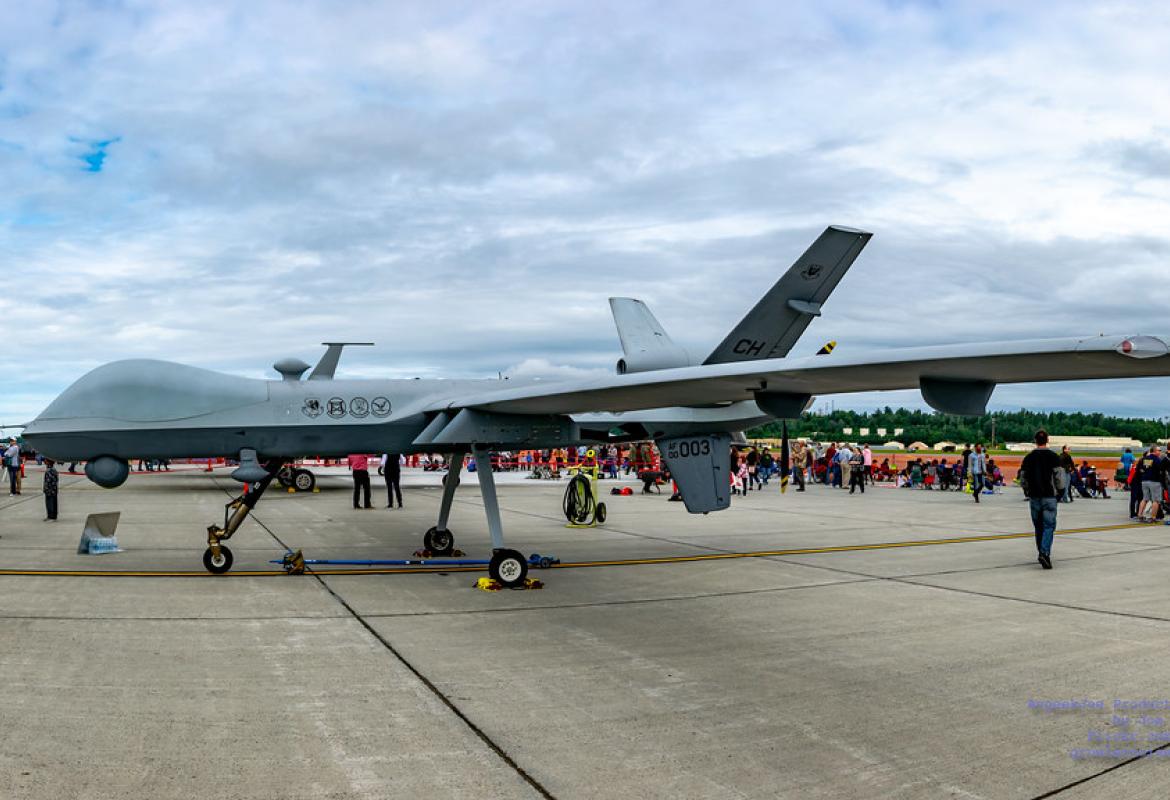Twenty Bahraini nurses and doctors were charged on Thursday with committing 'crimes against the state', after treating injured protesters during protests earlier this year and publicly denouncing the Bahraini government on international media.
The group, charged by a military court, received sentences ranging from ten to fifteen years.
The British Foreign Secretary, William Hague, condemned the trial, stating,
"These are worrying developments that could undermine the Bahraini government's moves towards dialogue and the reform needed for long-term stability in Bahrain."
"I call on the Bahraini judicial authorities to follow due process carefully and transparently. Cases before the special tribunals should be transferred to regular civilian courts."


